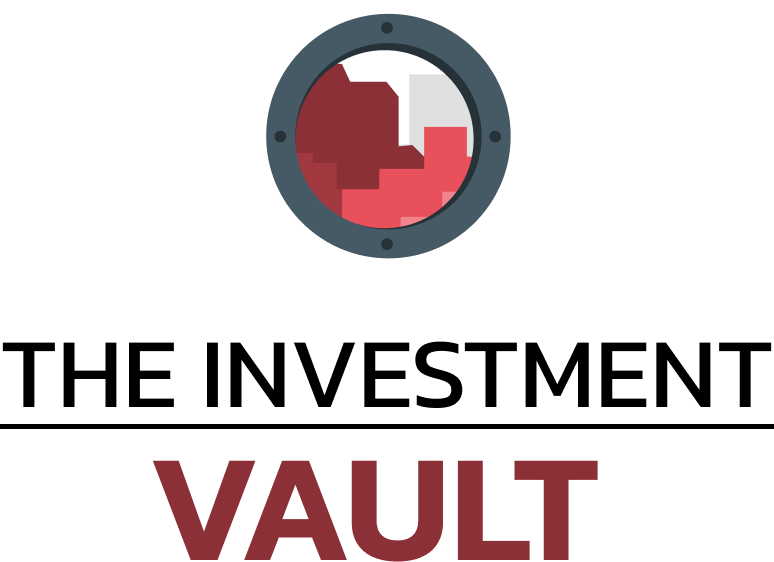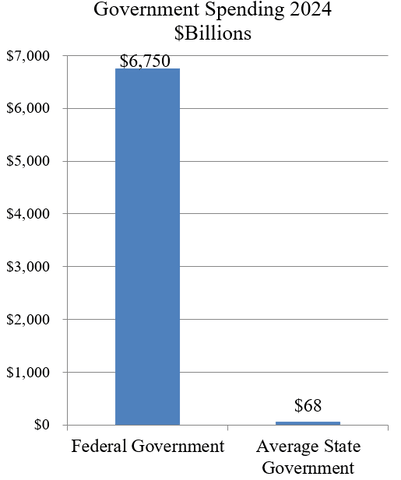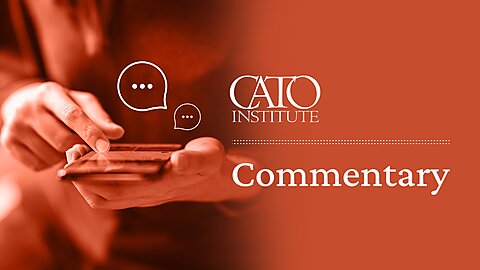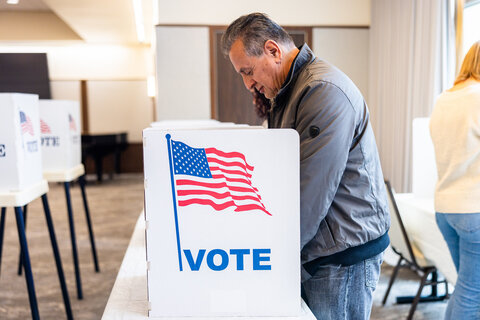In Missouri v. Biden, Missouri and Louisiana have sued the Biden administration for pressuring social media platforms to remove controversial and COVID‐skeptical speech. On Independence Day, Federal District Court Judge Terry Doughty issued a preliminary injunction barring a bevy of executive branch agencies and specific federal employees from pressuring social media platforms to remove speech.
An accompanying memorandum ruling documents dozens of examples of inappropriate or careless government pressure to censor. Although it is heartening to see courts take jawboning seriously, the judgement illustrates the difficulty of drawing workable lines around government communication with social media platforms.
The injunction prohibits officials from flagging content, pushing for content policy changes, and meeting or communicating with platforms for the purposes of “urging, encouraging, pressuring, or inducing in any manner the removal, deletion, suppression, or reduction of content containing protected free speech.” On its face, this is a broad prohibition. However, what is or is not protected speech is often difficult to determine, and government officials often mistake or exaggerate the First Amendment’s limits.
Indeed, the injunction includes exceptions for “informing” and “contacting” social media platforms about criminal activity, threats to national security, public safety, election interference, and, more generally, “deleting, removing, suppressing, or reducing posts on social‐media platforms that are not protected free speech.”
These exceptions can be read to cover much of the government speech that prompted concerns about jawboning in the first place. “Contacting and/or notifying social‐media companies about … foreign attempts to influence elections” is the whole of the controversy about government involvement in Twitter’s decision to bar the New York Post’s Hunter Biden story from its platform. Judge Doughty didn’t necessarily draw bad lines here – the House’s HR 140, legislation intended to prohibit jawboning, includes unworkably narrow exceptions. It is simply hard to draw feasible lines here.
The tensions between the injunction’s overlapping prohibitions and exceptions show how difficult it is to draw clear lines between constitutionally acceptable notification and even persuasion, and impermissible pressure and bullying. Any practical prohibition will be too narrow and open to abuse, but any prohibition broad enough to resist gaming will prove unworkable when it covers normal government communications.
The memorandum ruling briefly outlines the two standards under which government communications with platforms might be unlawful, drawn from Supreme Court decisions in Bantam Books v. Sullivan and Blum v. Yaretsky. While Blum hinges on “significant [government] encouragement” such that “the choice must in law be deemed to be that of the State”, Bantam Books merely requires government to make a clear threat. I examine both lines of jurisprudence and their implications in greater detail in “Jawboning Against Speech.”
Although the penumbra of government pressure cataloged in Missouri v. Biden might be more easily judged “significant encouragement” than outright coercion, there is good reason to prefer the court use Bantam Books when it decides the merits of the case. Bantam Books is a much more workable standard for addressing government interference in content moderation, where the frequency of private content moderation makes it hard to determine what wouldn’t have been removed but for government pressure. Although outright coercion is less frequent, it is much easier to identify. And starting from government coercion leads to better remedies than treating social media platforms as state actors.
As the judgement illustrates, crafting a workable remedy is difficult. A solution must be able to discourage government pressure upfront rather than bind platforms’ hands after they have been bullied. Outright prohibitions struggle to find workable lines. Beyond the facts of specific cases involving particular government demands, there might not be a goldilocks zone of viable general prohibitions on government communication with private platforms.
Disclosure is a better approach. If we cannot establish rules to cover every case, we can expose government requests to public scrutiny. On the margin, officials will refrain from sending bullying messages if they know that they will be made public. When jawboning implicates particular speakers, a disclosure regime will make it far easier for them to bring suit. Make no mistake, judicial attention is valuable, and this injunction sends a strong signal that jawboning is a real problem. However, it is problem that will ultimately require congressional action to solve.




